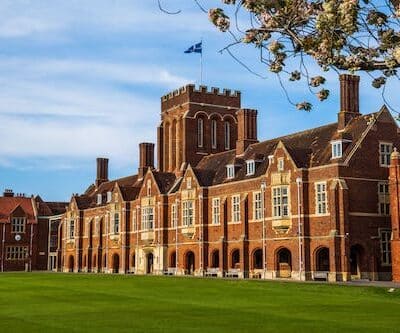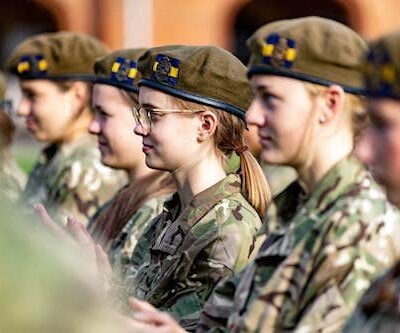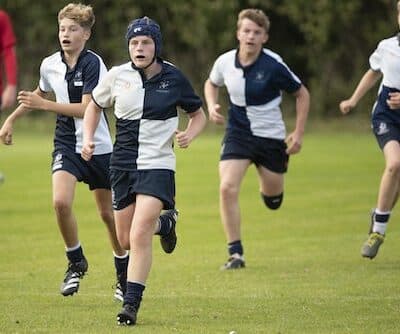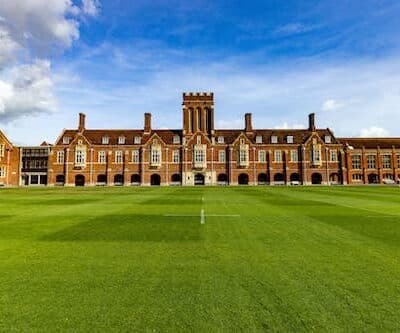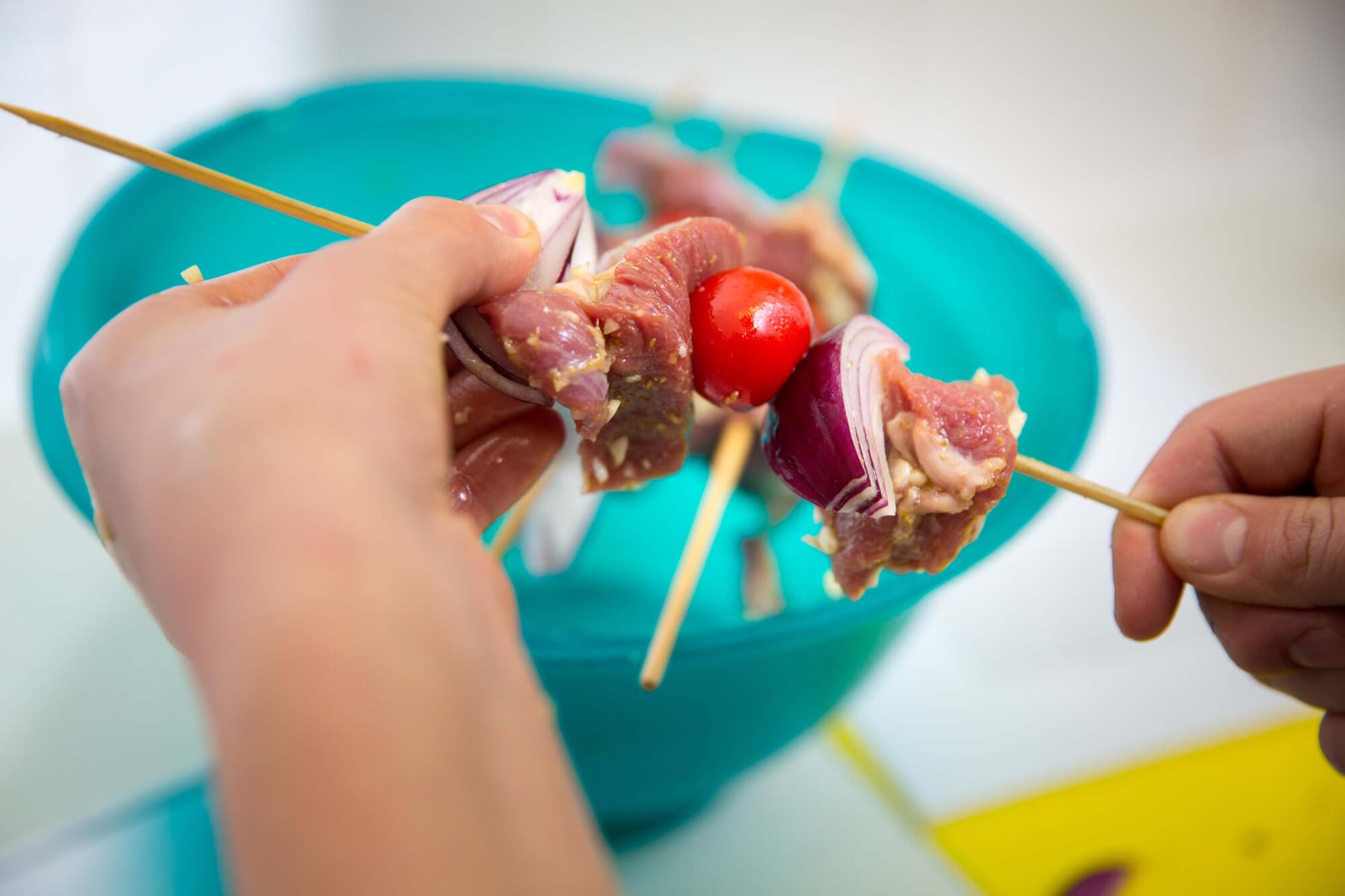Learning about life and negotiating a complex world
PSHE (personal, social, health and economic and RSE (Relationships and Sex Education) supports pupils to develop knowledge, skills, attributes needed to stay healthy, safe and prepared for life and work in the modern world. PSHE education helps pupils to achieve their potential and equips them with the skills they need in the future.
The Eastbourne College PSHE programme for our Year 9 to Year 11 pupils is recommended by the national curriculum and supported by the PSHE association and encapsulates citizenship, economic, health, personal and social education.
Crucially, the formal lesson structures are supported by the pastoral care in the College houses, SMT assemblies, chapel, sport, the med centre.
All pupils cover a spiral curriculum of the three core areas – health and emotional wellbeing, healthy and respectful relationships and living in the wider world.
Exploring the notions of belief, choices, and values
In Year 9, the programme is aimed at supporting pupils during their settling in period. Throughout the year pupils cover the three main areas:
Health and well-being: mental health, healthy coping strategies, peer pressure, bullying and substances
Healthy relationships: healthy and unhealthy relationships, consent, contraception, STI, pornography
Living in the wider world goal setting, personal reflection, personal skills and beginning to reflect on what their short and long-term plans are for education.
External speakers are also invited in to cover and reinforce certain topics such as peer pressure, relationships, the importance of sleep, LGBTQ, diversity, healthy eating, eating disorders.
In Year 10, the programme continues to build on the three core areas and introduces the following:
Health and emotional well-being: Managing risk, blue health, mental health and tackling stigma
Healthy relationships: Consent, contraception and healthy relationships, negotiating and communication, the impact of pornography
Living in the wider world: Economic well-being, gambling, human rights, personal safety, employability and enterprise/economic well-being.
This is complimented by year-group talks from visiting external. Subjects include: Relationship education, encouraging respect, pornography, healthy eating, county lines drugs. Our neighbourhood schools officer also talks to all pupils on numerous issues.
In Year 11, The Eastbourne College Head of Futures takes the lead on a number of these lessons as the course in this year group focuses on pupils’ steps after GCSEs. In addition, pupils discuss, healthy relationships, well-being and resilience, study skills, politics, post-16 choices, diversity and kindness, self-awareness, the influence of the media.
Additional talks include: Setting up for exam success and managing anxiety, preparing for the school futures fair, the Old Eastbournian Society, festival safety and life lessons.
Sixth form
In the Sixth form, under the course umbrella of Life Studies, the pupils cover Futures and PSHE topics including healthy and respectful relationships, health and emotional well-being, study skills, media literacy and digital resilience, personal safety, first aid, politics and democracy, communication skills, futures, teamwork and leadership, skills for employment, topical issues, and CV planning and writing.
Often working outside and making the most of our blue health location, pupils also explore the skills required by universities, the world of work, and their role as young citizens.
Talks may include: drugs from a recovering drug addict, the police and general life lessons.
While the college’s Head of Futures involvement increases in Year 11 and the sixth form, she also takes lessons in all year groups and uses the Unifrog platform to get pupils thinking about any skills, aspirations etc they may need for the future.
WHOLE SCHOOL
A whole school talk takes place each year. They cover a variety of topics. Recent speakers have included:
Paul Stewart (Old Eastbournian) – resilience
Patrick Foster – gambling and addiction
Natasha Devon – mental health and wellbeing
Laura Bates – everyday sexism
Prof Keith Magee – EDI
Eastbourne College is a member of the Teen Tips Wellbeing Hub which gives all teachers, parents and pupils access to a wealth of life and learning topics. About – Teen Tips
Relationship and Sex Education Policy
PROGRAMME OF STUDY PSHE and Life Studies
Consultation with Parents
Eastbourne College believes the importance of partnership and collaboration between home and school, therefore we encourage families to discuss relationships and sex education with their children at home. As a school we consult parents by:
- Sharing a copy of the PSHE and RSE policy via our website
- Invite parents to share their thoughts and feedback on the policy
- Updating parents / guardians via newsletters on and PSHE related events
- Enable all parents to be members of the Teen Tips wellbeing hub where there are numerous resources on a wide range of PSHE topics.
Parental right to withdraw their child from RSE
Under the Dept of Education Statutory guidance on RSE parents have the right to request that their child can be withdrawn from some or all of the sex education delivered as part of the statutory RSE. Requests for withdrawal should be put in writing to the headmaster via their pupil’s relevant hsm.

Pupils explore the notions of belief, choices and values.
